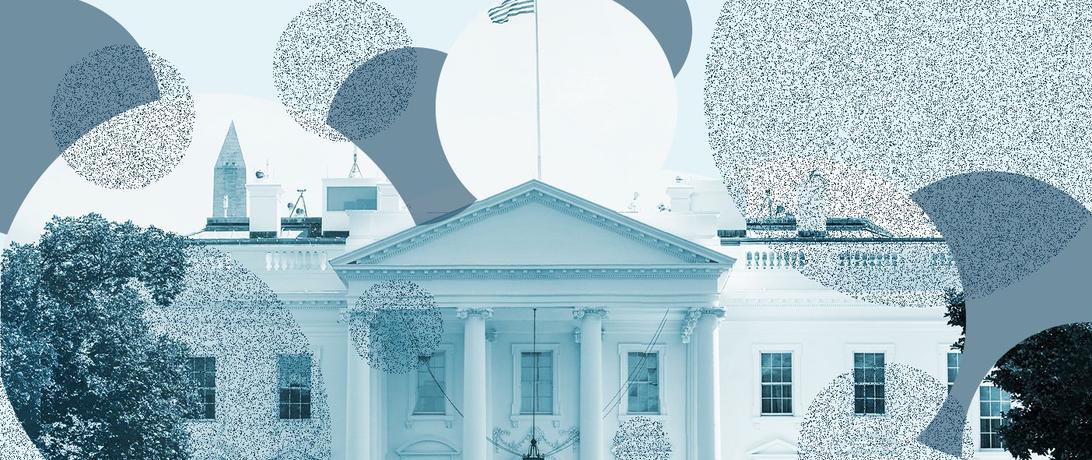
Recommendations for the new Biden Administration about Women, Peace and Security.
The first 100 days of an incoming President are often an indication of their priorities and a benchmark for their success. The new Biden Administration faces a divided nation with a mix of security challenges-- a pandemic, cyber threats, climate change, human rights abuses, and terrorism. Not to mention, the recent attack on the Capitol in Washington D.C.
It is clear that we need to have a national conversation on domestic peace and security that includes accountability and rule of law.
Domestic civil society groups led by women are central to these conversations. Women, Peace and Security offers a model of how to consult with women-led civil society groups in order to prevent political violence and conflict. With the first woman Vice President, Kamala Harris, at President Biden’s side, it is the perfect moment to bring the principles of Women, Peace and Security to the forefront of foreign policy and national security challenges.
Here are our recommendations for the new Biden Administration:
Prioritize Women, Peace and Security in the first 100 days of Office
Women, Peace and Security requires further prioritization of gender throughout defense, foreign policy, development, and American governance. These recommendations reflect a broader reorientation of peace and security processes and structures. To demonstrate US leadership, President Biden must make Women, Peace and Security and gender equality a foundation during his first 100 days and throughout his term in office. The inclusion of these recommendations are a start to building a successful and inclusive society.
Establish a Special Representative for Women, Peace and Security
Special Representatives or Envoys are often named to work on a specific issue set to advance US foreign policy interests. President Biden recently created a cabinet level position on climate, naming John Kerry to coordinate with counterparts both within the US government and other nations. Establishing a Special Representative on Women, Peace and Security early in the Biden Administration will demonstrate American leadership and a commitment to the values of transparency, accountability, and equality as central to US foreign policy. It is crucial to break down silos between portfolios that are relevant to the WPS agenda. As a country, we have legal and policy commitments through the WPS Act and they need leadership to support their implementation. This recommendation alone could be an entire article. Which in fact, is exactly what we did. The OSF team recently wrote an op-ed about this in Foreign Policy magazine. Check it out here to read the full write out.
Engage in meaningful consultations with women civil society leaders
By engaging with women-led civil society, the United States would send a powerful signal in affirming women’s fundamental right to meaningfully participate in the peace and security decisions that will affect their lives. This would be particularly impactful in conflict-affected areas, like Afghanistan, Syria, and Yemen, but also domestically. Issues brought up in 2011 in consultations for the US National Action Plan for WPS, including police brutality, infant mortality rates, a militarized approach to foreign relations, and a criminalization of poverty, disease, and addiction, are prescient warnings for the threats we are facing today. International Women’s Day, March 8, would be an appropriate time to launch regular and meaningful consultations with women-led civil society organizations across issue sets to ensure policy coherence.
Include Gender Equality and DEI as a centerpiece in the Summit of Democracies
President Biden announced a Summit of Democracies to forge a common agenda and strengthen our democratic institutions. Gender equality should be a centerpiece for this gathering. Putting aside that women voters, particularly women of color, overwhelmingly delivered for President Biden, gender equality is a crucial foundation for democratic societies and must be mainstreamed throughout the issues brought up during the summit. Democratization, previously considered the best indicator of a state’s likelihood to engage in violence was recently dethroned by, you guessed it, society’s treatment of women. The impact of technology, climate change, and violence perpetrated by non-state actors all have a gender component. The solutions brought forth from the world’s democracies would be best served if they were attuned to the needs of their full societies.
Article Details
Published
Topic
Program
Content Type
Opinion & Insights